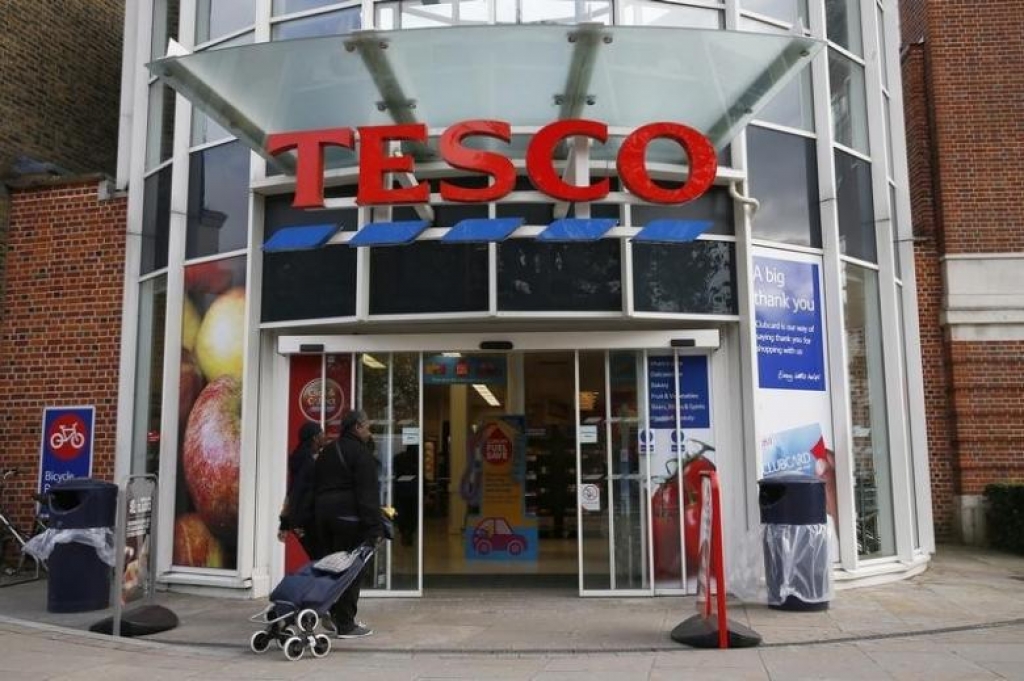Tesco- Britain’s largest retailer has decided to finally withdraw its mortgage lending services at the company’s banking field because of the tight market conditions. The announcement was made on Tuesday after reviewing a fall in the profit margins as reported by a rival lender, Nationwide Building.
Tesco Bank, an abode of over 23,000 customers with a total balance of $4.7 billion or 3.7 billion pounds, stated that it will stop lending out and will start to sell off its current portfolio regarding home loans.
The Chief Executive of Tesco Bank, Gerry Mallon, stated that in recent years due to the challenging conditions, the market has been confined to limited profit growth.
Relying on the ‘Net Interest Margin’, the forerunner mortgage provider Nationwide claimed that the margin dropped to 1.22 percent in the year up to April as compared to the 1.31 percent for the last 12-month stretch. However, they believe it stabilised the net income.
Based on the statements acquired from both the lenders, it is fair enough to state that this shows how the competition and the mellow economy helps in bridging margins in Britain’s home loan sector which definitely is a key profit source for the banks.
According to Nationwide, they stated that there is a high possibility for the margins expected to linger on under pressure the whole year.
One of Nationwide’s Senior Executive, Chris Rhodes, stated the ongoing market conditions by stating, “As you can imagine, pricing remains extremely competitive. We have seen some stability in new business pricing over recent months, but overall trends in margins you will continue to see.”
The unexpected exit of Britain from the European Union has put a cap on the interest rate increase which actually could have helped in boosting the loan margins. This gave an unexpected opportunity for a surplus of new banks and the rule pushing established companies to lend more and push the supply of the mortgages.
The Hong Kong and Shanghai Banking Corporation (HSBC) being one of the biggest banks in Europe has taken measures to revive its focus on home loans in Britain. The new asset protection or the infamous ring-fencing rules, which have been introduced to cocoon the customer’s money from heavy risky trading activity, has forced HSBC to chisel out its retail bank in Britain.
For its survival, the only way out for the newly segregated domestic bank was to give a boost to the mortgage lending activities of the bank. This survival move, however, escalated competition in the market.
Fitch, a credit rating agency, stated that due to the incursion of mortgage lending from new ring-fenced banks, they expect other lenders to follow up and quit the domain of home lending. Fitch also claimed to have seen some banks with a great rise in the risky mortgage lending with skyrocketing loan-to-value ratios which could be disclosed to any economic plunge or a rowdy Brexit. However, the agency stated that these high risk-taker mortgages remained at a very low percentage in the overall loan books.
Concluding its talk, Tesco made it clear that its priority would be to sell off the entire chunk of its mortgage portfolios for an acceptable price as it will exit the business which favours other unrevealed opportunities.





















